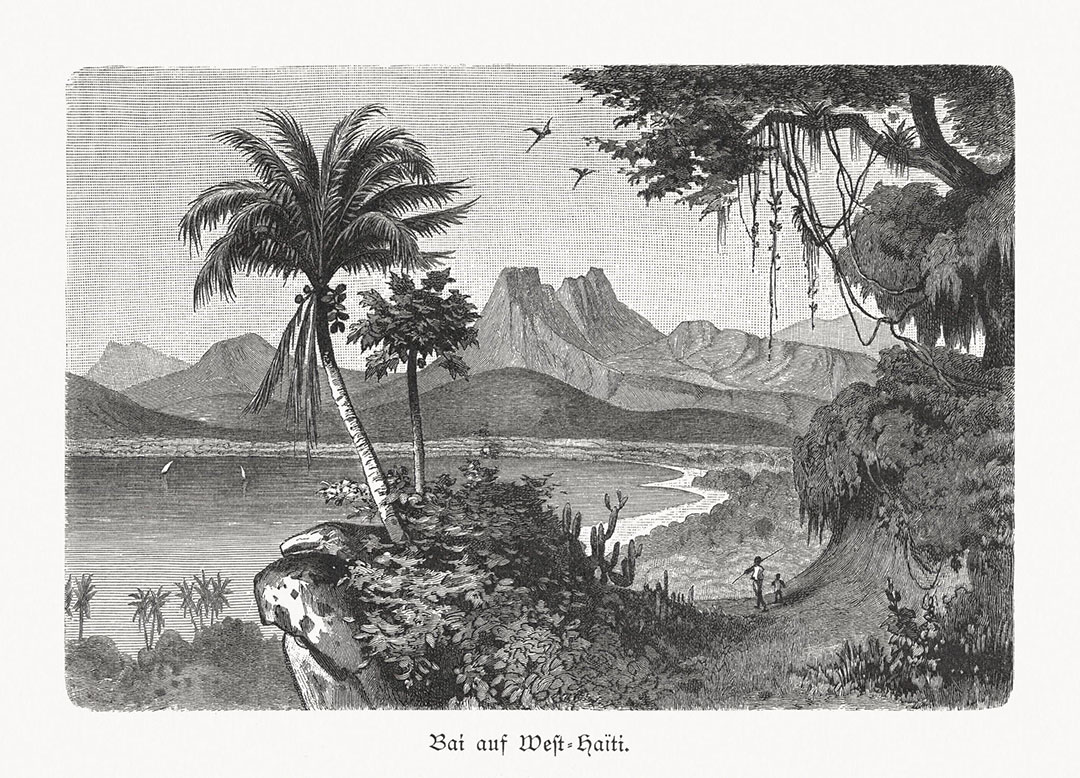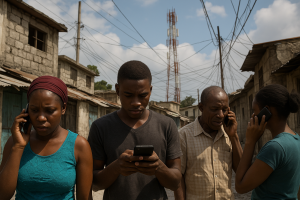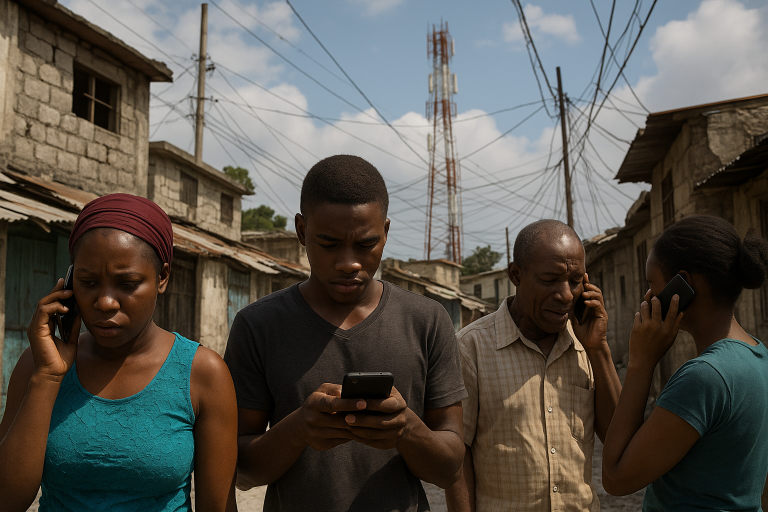Tale of Colonization and Liberation
The relationship between France and Haiti is a multifaceted one, shaped by centuries of colonization, rebellion, diplomacy, and the enduring legacy of the Haitian Revolution. In this exploration, we will delve into the historical dynamics between these two nations, from the darkest days of slavery to the complex diplomatic ties that persist today.
The Colonial Bond
The French Colonization of Saint-Domingue
The story begins with the French colonization of Saint-Domingue, a Caribbean colony known for its rich sugar plantations and brutal system of slavery. During the 17th and 18th centuries, France established a firm grip on the colony, amassing immense wealth through the exploitation of enslaved Africans. This economic prosperity came at an enormous human cost as the enslaved population endured unimaginable suffering.
The Haitian Revolution
The Spark of Freedom
The turning point in the relationship between France and Haiti came with the Haitian Revolution, a watershed moment in history. In 1791, the enslaved people of Saint-Domingue, inspired by the ideals of the French Revolution, rose in revolt against their oppressors. Led by figures such as Toussaint Louverture and Jean-Jacques Dessalines, they waged a fierce battle for freedom.
Declaration of Independence
On January 1, 1804, Jean-Jacques Dessalines declared Haiti’s independence, making it the first black republic in the world. This declaration severed the colonial bond with France and sent shockwaves throughout the international community. France, resentful of the loss of its colony and the economic ramifications, initially demanded a hefty indemnity from Haiti as recognition of its independence.
A Long Shadow: Reparations and Debt
The Burden of Indemnity
France’s demand for indemnity from Haiti for lost property and revenue in the wake of the revolution set the stage for a contentious relationship in the decades that followed. Haiti, struggling to rebuild its war-torn nation, was forced to pay a staggering sum to France – an indemnity that would hang like an albatross around its neck for much of its history.
Debt and Dependency
Haiti’s indemnity payments to France, coupled with international isolation and economic embargoes, pushed the nation into a cycle of debt and dependency. It borrowed heavily from European nations and the United States, further entangling its economic fate with foreign powers.
A Fragile Dance: Diplomacy and Relations
Recognition and Strained Ties
It wasn’t until 1825, over two decades after Haiti’s independence, that France officially recognized the nation. However, this recognition came at a steep price: Haiti was coerced into agreeing to pay a substantial sum as a condition for diplomatic recognition. This agreement, known as the “Debt of Independence,” further strained the relationship between the two countries.
Shifting Alliances
Over the years, the relationship between France and Haiti oscillated between periods of cooperation and tension. While both nations shared common interests in the Caribbean, their interactions were often colored by Haiti’s struggles with political instability, foreign interventions, and economic hardships.
Contemporary Relations and Ongoing Challenges
Modern Diplomacy
In recent years, France and Haiti have sought to rebuild and redefine their relationship on more equitable terms. France has acknowledged its historical responsibility in perpetuating Haiti’s debt and has engaged in discussions around debt relief and development assistance.
Challenges and Opportunities
Despite these efforts, challenges persist. Haiti continues to grapple with political instability, poverty, and natural disasters, while France faces calls for further reparations and acknowledgment of its colonial legacy. The relationship remains complex, with both nations working towards a future built on cooperation, shared interests, and mutual respect.
Navigating a Complex History
The relationship between France and Haiti is a testament to the enduring legacies of colonization and liberation. From the darkest days of slavery to the complexities of contemporary diplomacy, these two nations have shared a history marked by triumphs and tribulations. As they navigate the intricate dance of history, it is crucial to remember the lessons of the past and work towards a future built on mutual understanding and solidarity.
In the face of historical injustices and ongoing challenges, the relationship between France and Haiti serves as a reminder of the complexities of international relations and the profound impact of history on the present. It is a story of resilience, diplomacy, and the pursuit of justice in an ever-evolving world.












Add a comment